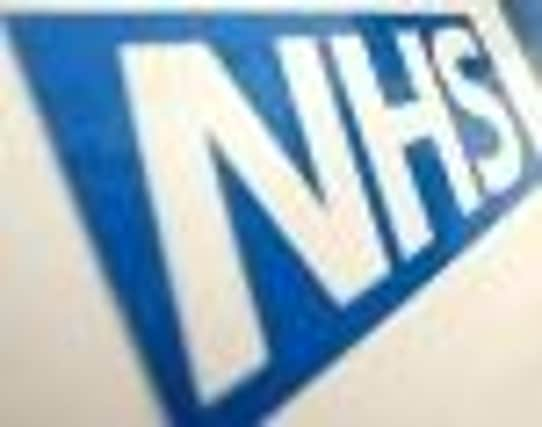Doctor: NHS must wake up to ‘deadly’ sleep apnoea


Sleep apnoea, which can cause people to stop breathing in their sleep and leaves them extremely tired during the day, is on the rise due to increasing levels of obesity. But experts speaking at the Edinburgh Science Festival today will warn that the NHS is not investing enough in services to treat the thousands affected by the condition.
They say it can lead to people suffering serious accidents at work or on the road due to extreme sleepiness during the day.
Advertisement
Hide AdAdvertisement
Hide AdThe event – called “The Perils of Sleep” – will discuss the science behind sleep and what can happen when things so wrong.
Speaking ahead of the debate Dr Renata Riha, from Edinburgh Royal Infirmary’s Department of Sleep Medicine, said obstructive sleep apnoea (OSA), which affects between 2 and 4 per cent of middle-aged people in Scotland, was a major issue.
The condition is caused by the muscles and soft tissue at the back of the throat collapsing inwards during sleep, narrowing or blocking the airways and stopping sufferers breathing normally. About 80 to 90 per cent of the 2,500 people seen at the clinic in Edinburgh each year have sleep apnoea, Dr Riha said.
“It causes excessive daytime sleepiness. It can present a risk in terms of sleepiness while driving and at work. It can impair memory, mood and concentration and put a strain on relationships,” she said. “There are a large number of people who are undiagnosed.”
The numbers seeking treatment are rising due to increased awareness of the condition and also rising levels of obesity, which can cause sleep apnoea.
Dr Riha said the condition could endanger patients’ lives, but also the lives of others.
“The number of people I see in clinic who have had near-miss accidents where they have fallen asleep, or have actually had a crash and that is the first time they come to see me. It is really serious,” she said.
Dr Riha added: “We see and treat a lot of bus drivers, train drivers, pilots – people who are in very important positions and responsible for the public getting them from A to B.”
Advertisement
Hide AdAdvertisement
Hide AdBut despite the serious consequences and the effectiveness of treatment using special machines to keep the airway open, Dr Riha said services had been underfunded in Scotland and around the UK.
Dr Riha said the Scottish Government and health boards needed to put more money into sleep medicine. “The entire operation is underfunded and poorly understood.
“Although we have been very fortunate recently to obtain some additional funding it probably still isn’t enough,” she said.
A Scottish Government spokeswoman said: “We are working with partners to ensure patients with sleep disorders are identified, assessed and appropriately referred for treatment and long-term management.”